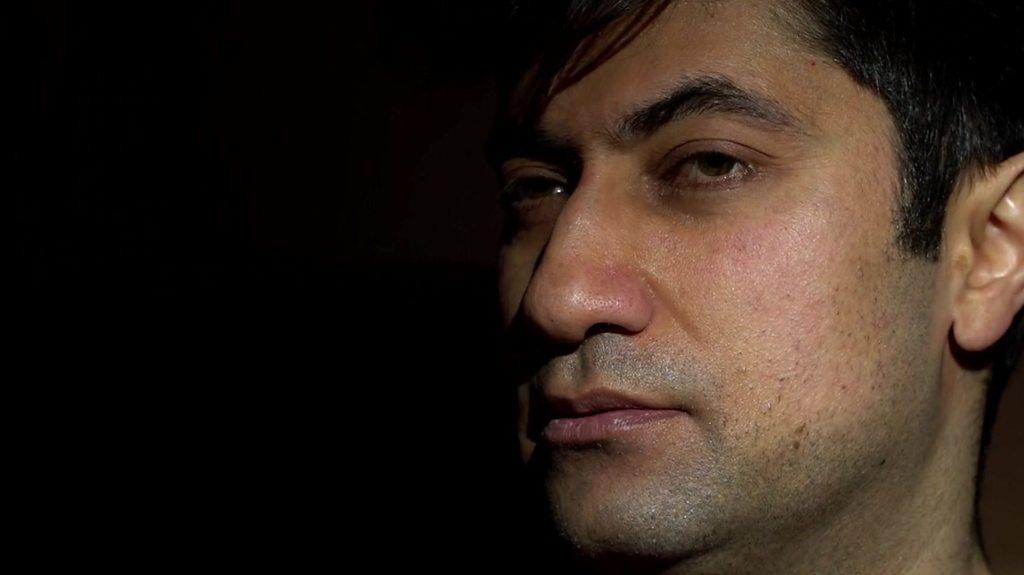Elections 2021: Mental health needs 'not met in many communities'
- Published
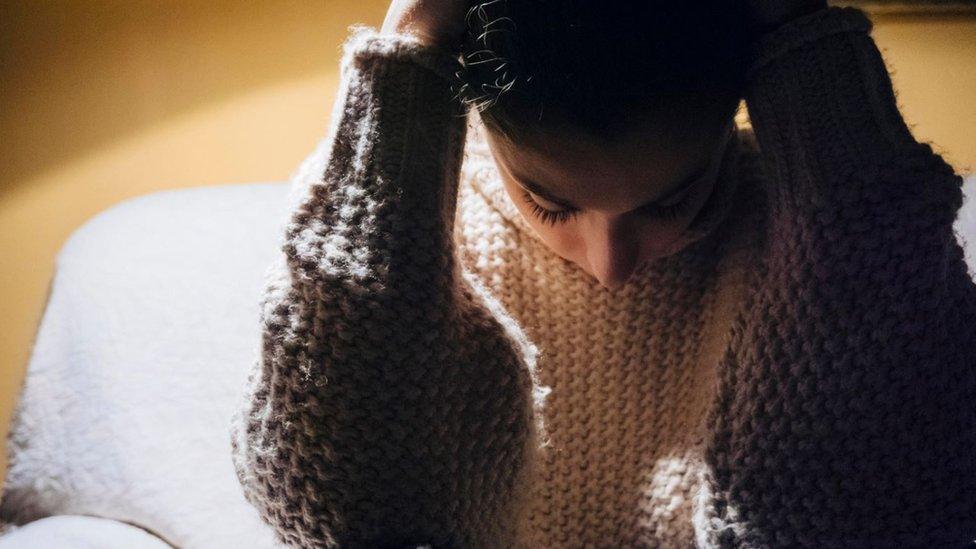
Many young people feel they can't talk to their families or the health services about their mental health problems
Mental health support is a key service provided by councils in England - and in the West Midlands, spending varies widely. But for some, accessing help is harder than ever, with cultural taboos and language barriers stopping many people getting what they need.
Two mental health organisations set up to help young people from non-white communities say many are falling through the cracks.
Ash Ali, director of Al aafiya, which was set up to challenge the stigma of mental health in South Asian communities, said: "[Mental] health services are being delivered, but they're not meeting the hard-to-reach communities that they need to reach."
Meanwhile, online therapy service Heal Hub, which supports 16-25 year olds, said it was providing stop-gap therapy while some people wait more than 16 weeks for an appointment.
As voters go to polling stations on Thursday, how much councils spend on adult social care will be an important issue for many.
Al aafiya Mental Health Services was founded by a group of friends who work in the medical profession. They have seen demand soar in the past year due a "need for mental health support within the diverse communities" in the wake of Covid.
'You're mad'
Iqbal, from Bordesley Green, Birmingham, said he had suffered with his mental health since moving to the UK from Pakistan more than 25 years ago.
He has been sectioned five times against his will after applications by family members and says the stigma of mental health is "enormous" in his community.
"People say to me, 'you're mad' all the time. I am not mad," he told the BBC.
"It is hard to even have a debate with someone because of the fear that I'll be sectioned again."
He was able to get help through Al aafiya, and for the first time in his life, said he did not feel judged.
"I feel relaxed now when I speak my mind. I don't get put off," said the 46-year-old.
He doesn't speak to his family about his feelings now, and instead uses the Al aafiya group as a way of airing his problems in a "safe space".
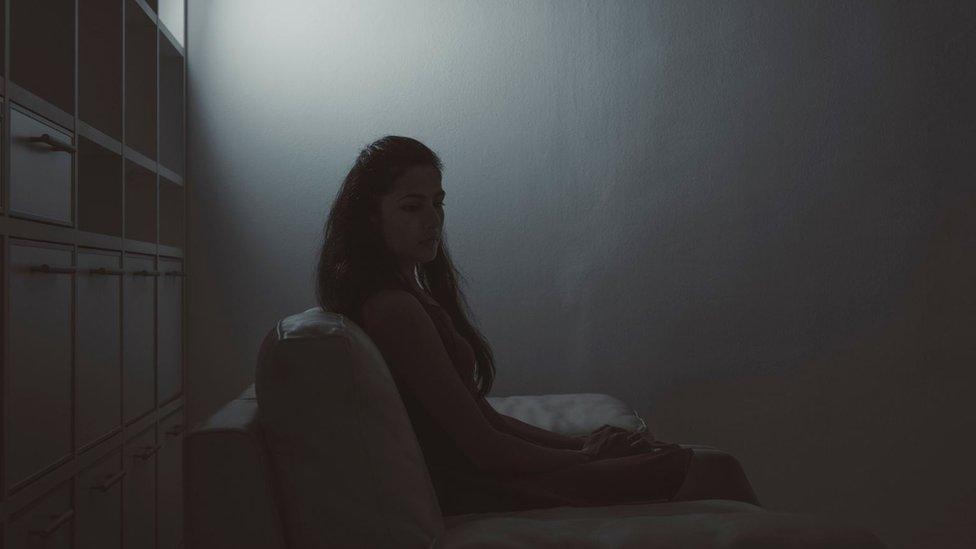
Support groups want local authorities and health organisations to recognise the issues that stop many seeking help
Mr Ali said many people felt they couldn't pick up a phone and ask for help, or even know where to go - not only because of the language barrier but cultural taboos.
"A lot of people have fear of their children being taken into care if they were to access a mental health service," he said. "Mental health is something that's brushed under the carpet and, in particular, suicide.
"Often when people take their own life, family members don't like to talk about that… or look for an excuse and say that they passed away because of an illness."
Al aafiya is trying to help bridge the gap and signpost people to mainstream services. It now has 100 men in a WhatsApp survivors group as well as support via its social media pages, online mindfulness sessions and helpline.
"Our communities have seen a disproportionate amount of deaths in the past year. Friends and families have not been able to grieve together. Not even cry on the shoulder of a loved one so we know that extra support is needed," said Mr Ali.
The group hopes to work more closely with mosques and create local hubs for both young and older people.
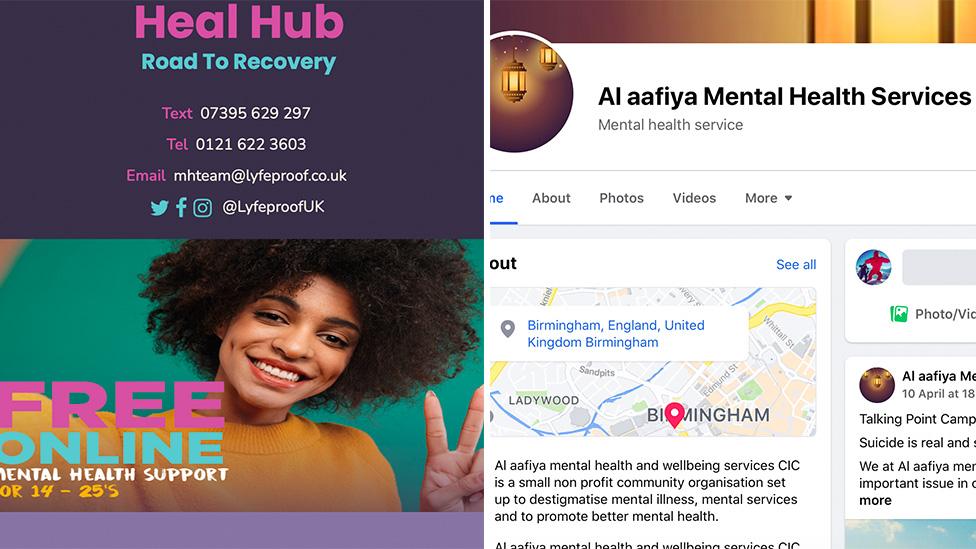
Heal Hub and Al aafiya are services that you can self refer to
Kit Showande set up online therapy service Heal Hub last year after receiving calls from young people about issues including forced marriage and county lines.
The "stop-gap" service, which is self-funded, offers 12 free sessions with a counsellor via online video. Anyone aged under 25 can self-refer and pick their own therapist and what kind of counselling they would like.
"Young people don't want to go through their school or a doctor, because sometimes we underestimate how schools are linked with parents," said Mr Showande.
"And the stigma in families - they need another pathway.
"People with an offending background have a bad relationship with the state so there is nothing worse than having to reach out."
'No practical changes'
Mr Showande said some young people he had spoken to had experienced waits as long as 16 weeks after contacting their GP. When emails and phone calls go ignored, they are not necessarily in the right state of mind to follow up their call for help.
"Fundamentally we want the young people to constantly be in charge of the conversations," he said.
Mr Showande says he hopes in the future to work more closely with other services.
"I very much understand everyone's working hard - it's just when we see that there's a gap, we're going to talk about the gap," he said.
"The idea is to help the system by taking off a little bit of pressure and then allowing people that need the long-term help to get that."
Kelsey, in her final year at a university, contacted Heal Hub after seeing an advert on social media.
The 20-year-old, who has suffered with anxiety for several years, said: "There's a lot going on about [mental health] awareness but there's no practical changes.
"Mental health awareness is great. It's important being able to talk about, but it's not going to fix it. You need to commit to more infrastructure changes and more physical changes and organisations and funding."
Funding for mental health services is provided through the NHS and third-sector organisations as well via councils.
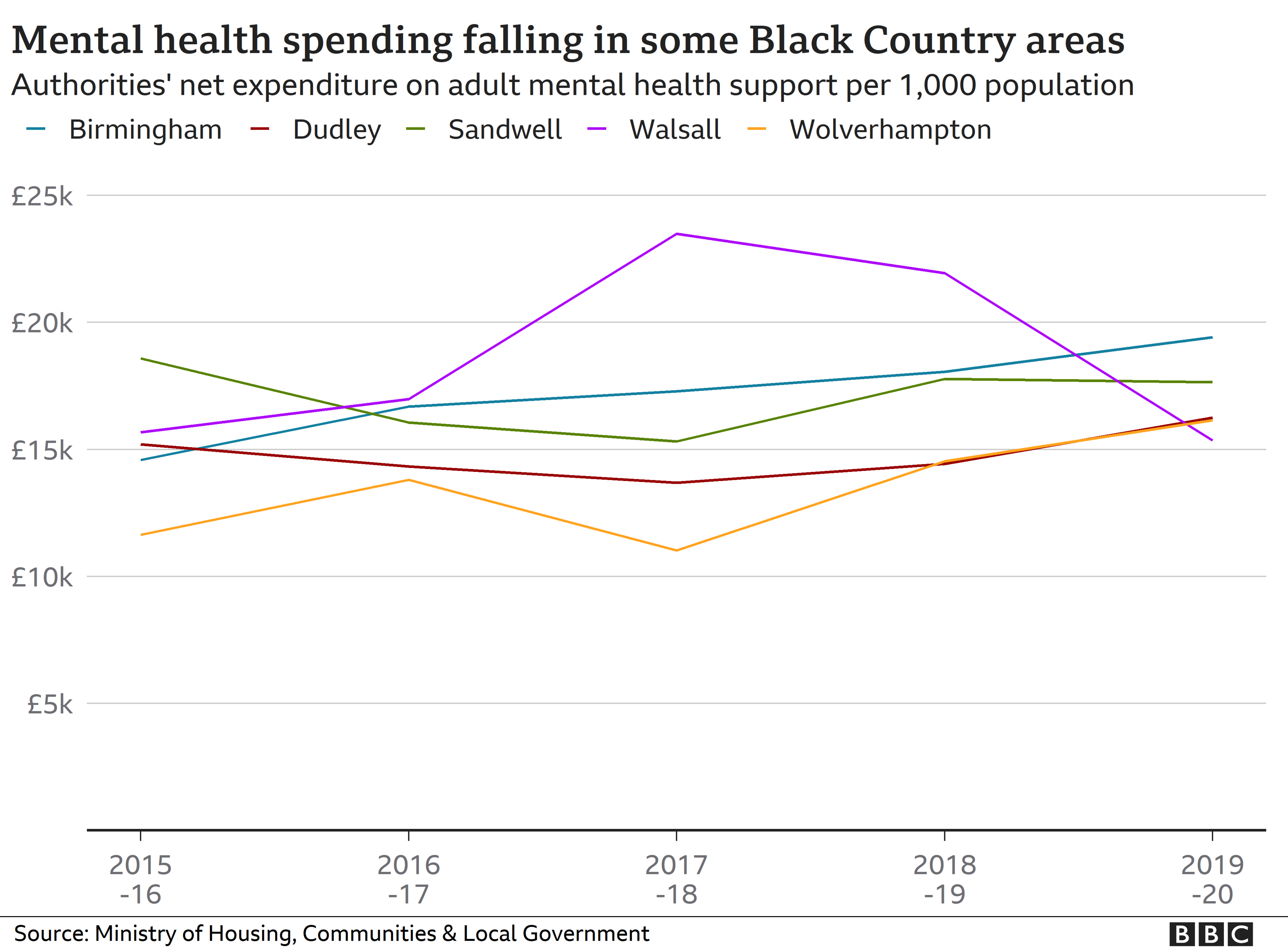
Last year, Chancellor Rishi Sunak announced a £500m package to support mental health services in England after increased demand for support during the pandemic.
Across local authorities in Birmingham and the Black Country, Walsall Council has seen the biggest decrease in its budgets for mental health expenditure over the past five years.
Walsall Council said its fall in spending of £1.8m was "not due to any reductions in service provision but due to a realignment of spending contributions from our health partners".
Sandwell has too cut its budget by £41,000 in the past year but said this was a "relatively small percentage".
A spokesperson for the council added: "However to give context to the change, during 2019/20, the average cost of mental health residential support was £762 per week. The reduction in expenditure is broadly equivalent to one less residential placement over the year.
"A number of council services also support mental health - as part of their day-to-day activities - and the promotion of support services available locally and nationally."
Birmingham, Dudley and Wolverhampton councils have all increased their budgets, according to data by the Ministry of Housing, Communities and Local Government.

ENGLAND'S ELECTIONS: THE BASICS
What's happening? On 6 May, people across England will vote for new councillors, mayors and police and crime commissioners. Register to vote here, external.
Why does it matter? When parties win control of a council, they decide policies for your area which could affect services ranging from social care to rubbish collection. Find out more about what councils do.
Who can vote? Anyone who lives in England, is registered to vote and aged 18 or over on 6 May is eligible. Find your local election here.


Related topics
- Published13 January 2021
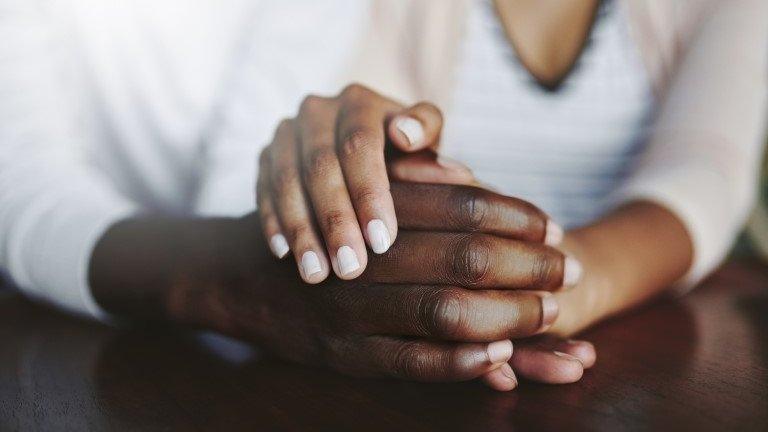
- Published11 October 2020
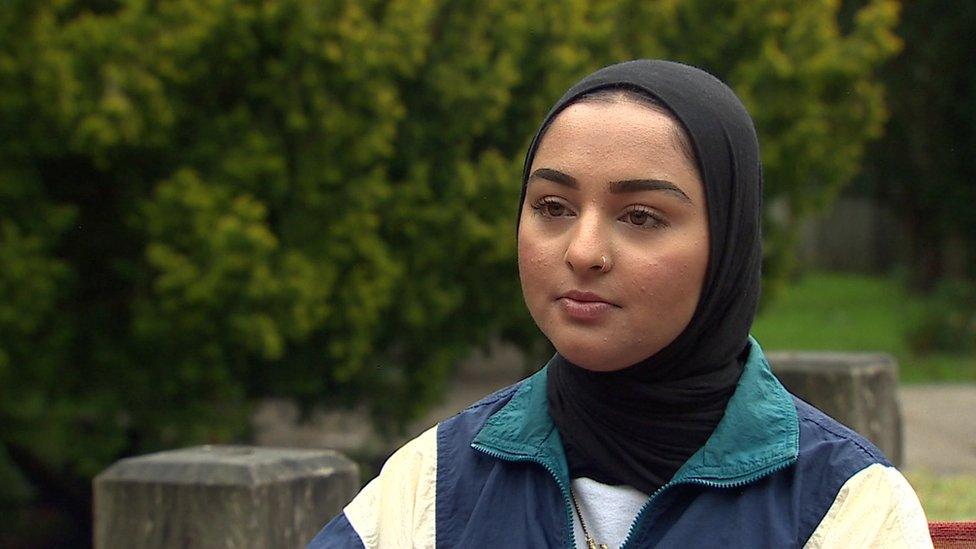
- Published5 March 2021

- Published13 March 2020
